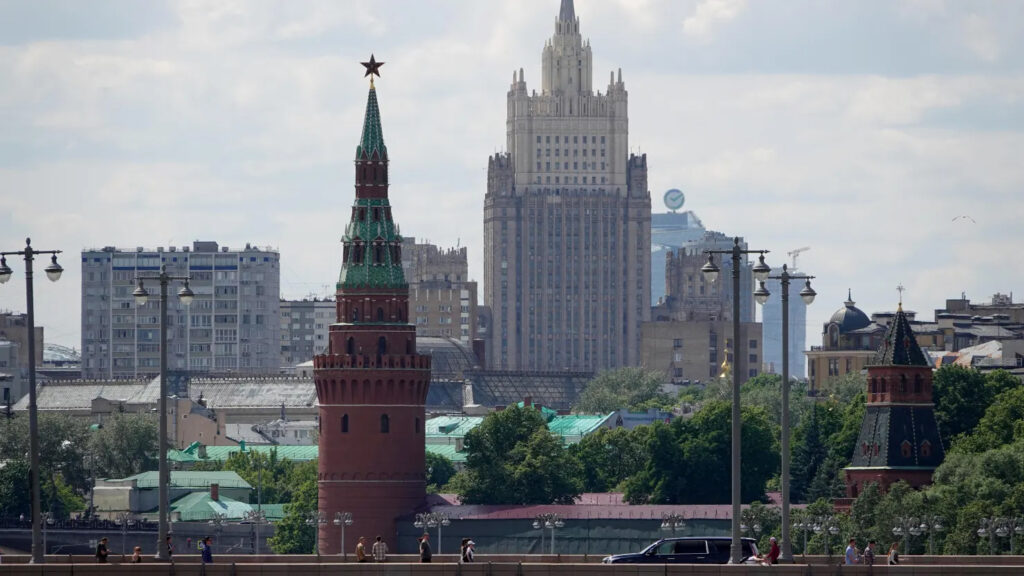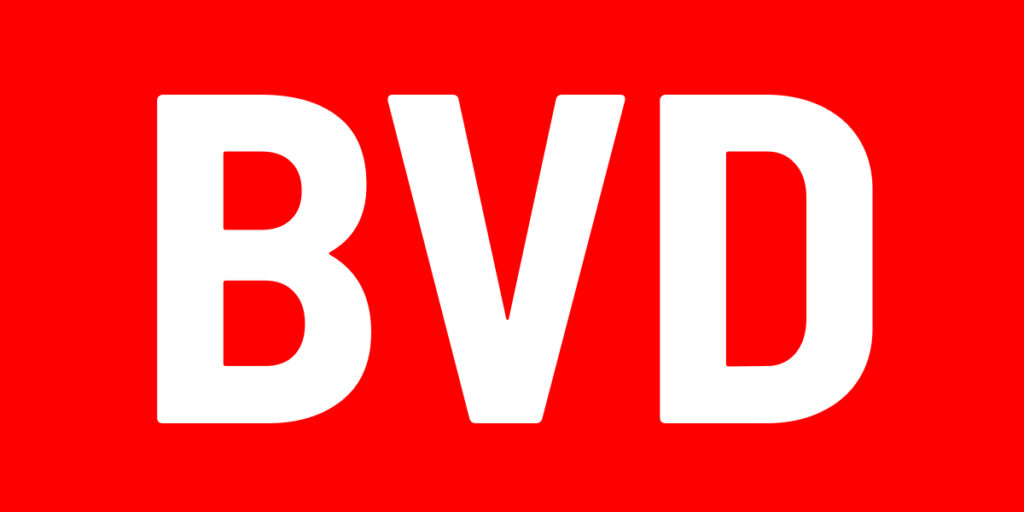BUSINESS
Russia's central bank increases the key interest rate to 21% to curb inflation, which has risen more than anticipated
PUBLISHED FRI, OCT 25 2024 6:48 AM EDT

On Friday, Russia’s central bank increased its key interest rate by 200 basis points to 21%, citing significant consumer price hikes that exceeded its forecasts and warning of persistent inflation risks in the medium term.
In September, the key rate had already been raised by 100 basis points to 19%.
This latest increase surpasses the 100 basis-point rise anticipated by analysts and brings the benchmark rate to its highest level since February 2003, as reported by Reuters. The rate was last around this level in February 2022, when it was raised to 20% shortly after Russia invaded Ukraine in an effort to stabilize local markets.
The central bank adopted a hawkish stance regarding future policy moves. Following the decision, Russian Central Bank Governor Elvira Nabiullina indicated that the board had contemplated raising the benchmark rate above 21% and left the door open for further increases at the next meeting in December, according to comments translated by the Russian state news agency Tass.
The bank noted that annual seasonally adjusted inflation averaged 9.8% in September, up from 7.5% in August. It now expects inflation to range between 8.0% and 8.5% by the end of 2024, significantly higher than its July forecast of about 6.5% to 7.0%.
“Over the medium-term horizon, the balance of inflation risks remains substantially tilted to the upside,” the bank stated. “Key risks include persistently high inflation expectations, the Russian economy’s deviation from balanced growth, and worsening foreign trade conditions.”
The bank forecasts annual inflation to decrease to 4.5%–5.0% in 2025 and to 4.0% in 2026.
The Russian economy has been hindered by low global prices for its primary oil exports and by Western sanctions, which have limited trade and drained Moscow’s financial resources amid the war in Ukraine, contributing to a decline in the ruble. As of 12:52 p.m. London time, the U.S. dollar had risen 0.36% against the ruble.
These interest rate hikes come at a time when the European Central Bank and the U.S. Federal Reserve are easing monetary policy, raising concerns about the potential negative impact on Russia’s economic growth.
The International Monetary Fund projects that Russia’s inflation will average 7.9% this year, stating in its October World Economic Outlook that the country’s GDP will decline from 3.6% this year to 1.3% in 2025, as private consumption and investment slow due to tighter labor market conditions and slower wage growth.
Advertise With Us
BVD Newsletters
Sign up for free newsletters and get more CNBC delivered to your inbox
Get this delivered to your inbox, and more info about our products and services.
© 2024 BVD LLC. All Rights Reserved.
Data is a real-time snapshot *Data is delayed at least 15 minutes. Global Business and Financial News, Stock Quotes, and Market Data and Analysis.
Market Data Terms of Use and Disclaimers
Data also provided by REFINITY
